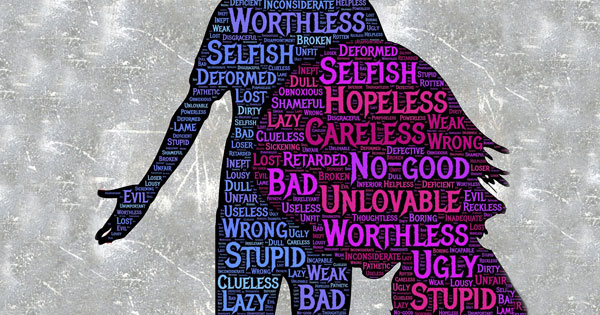
Hi, guys. UC founder John Shore here.
Recently, on the Unfundamentalist Christians Facebook page, we linked to a piece I published on my blog last November called “I’m Christian, Gay, and Too Angry to Read the Bible Anymore”, wherein I advised a Christian lesbian who found herself no longer comfortable reading the Bible:
I don’t know if the homophobia and faith issues are related to each other [she wrote], but I know that I can’t read my Bible. I try sometimes, but I feel my stomach tighten and my heart heart rate increase, and I feel like a trapped animal. … I don’t know how to separate out what is God and what is my religion. And even within my religion, I don’t know how to save what is good, and let go of the stuff that is harmful. I love Jesus, but some days I’d like nothing better than to turn my back on Christianity.
Part of my answer to this good woman was:
If you’re angry with God, be angry with God. I think it’s safe to say that s/he will understand. If you are angry with God, think how angry God must be with the people who made you feel that way. … If you don’t feel safe reading the Bible, put your Bible away. I imagine you’ve had enough of the Bible in your life to last you awhile.
Back on the UC Facebook page, a commenter wrote about that post:
Bullshit. If you can’t read the Bible because you are so angry, then you are not a Christian. … If you can’t separate God from the lowbrows who are attacking you in this world, then you are not a Christian.
In response to which Christy Caine, our social media director (and author of the widely-read UC post The Lies Christian Fundamentalism Taught Me) wrote the comment below, which I thought so fine I wanted to share with you here.
It would be a charitable and compassionate view to understand that not all people are at the same point in their spiritual journey. Their insights and understandings about themselves, about God, about others, about how the world works and their place in it, and, frankly, their cognitive abilities to process and organize all of that, varies enormously. Our experiences vary enormously. Our education varies enormously. Each of these things independently and all of these things collectively influence how we understand our existential place in the universe.
If we are humble, who can say any of us understands it all particularly well?
Our faith experience, our spiritual existence, is a process. It’s not a prayer said, or some water sprinkled, or a body dunked—and magically we’ve got it all figured out. These things take time, study, application, trial and error, patience, and a lot of work. And, like Thomas Edison, we fail more than we succeed. But when we do succeed—Oh, the light!
So, I think we need to have patience and understanding for
our bullheaded, “lowbrow” Brethren,
our slow-witted Brethren,
our impatient, low-tolerance Brethren,
our self-righteous Brethren,
and our angry, fed-up Brothers and Sisters.
Walking about saying who is in and who is out isn’t our job.
Our job is to see that everyone—everyone—is hurting or broken in some way, and that we’re supposed to love them. That’s what compassion and understanding is: knowing that the bully, and the asshole, and the jerk, and the abuser, and the drunk, and the addict, and the manipulator, and the hothead, and the punk, and the narcissist, and the true believers … it’s knowing that none of them—that no one—has been loved in all the ways they want and need to be.
Everyone has been hurt.
And hurt people hurt people.
Our job is to do our best to break that cycle.
So, let’s put all of our measuring sticks away, and just love people.
Too many of us are too guilty of too often failing to do that.
Leave a Reply